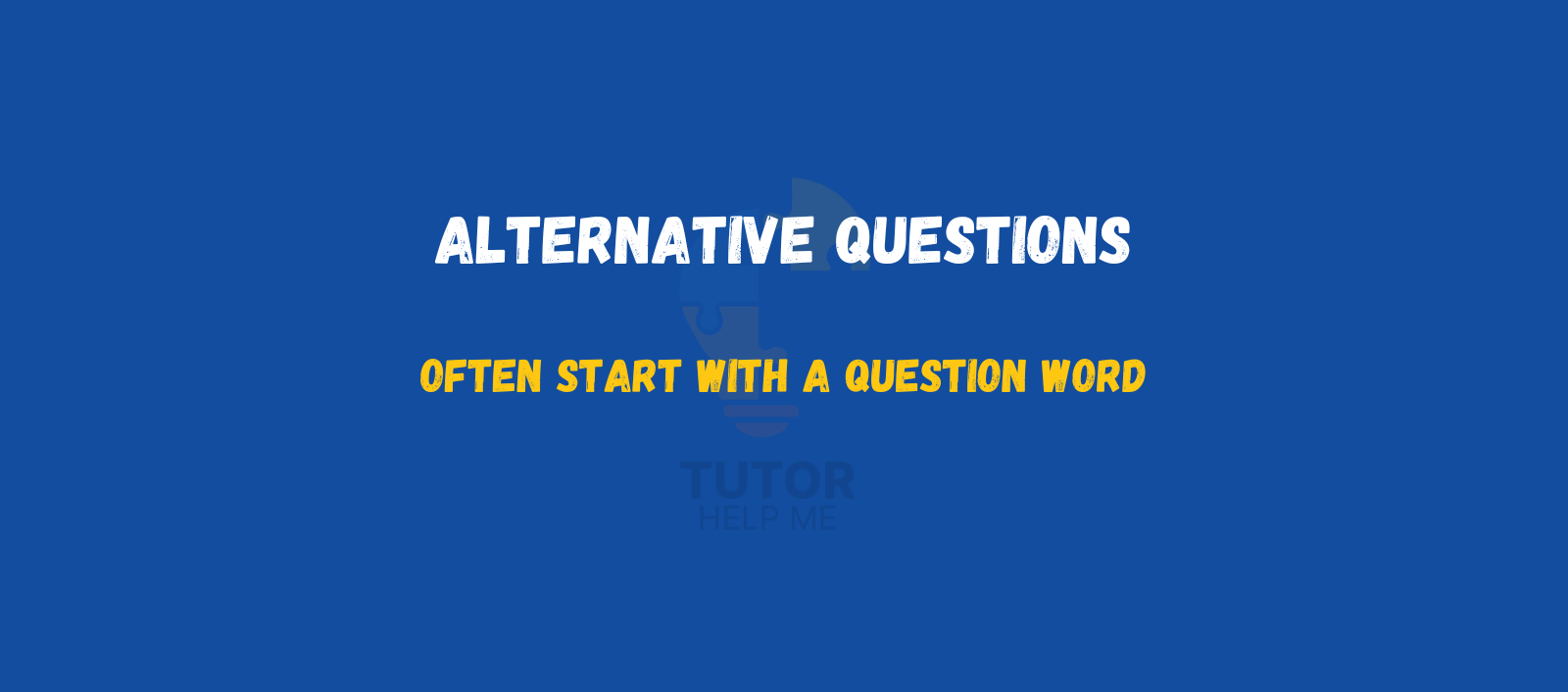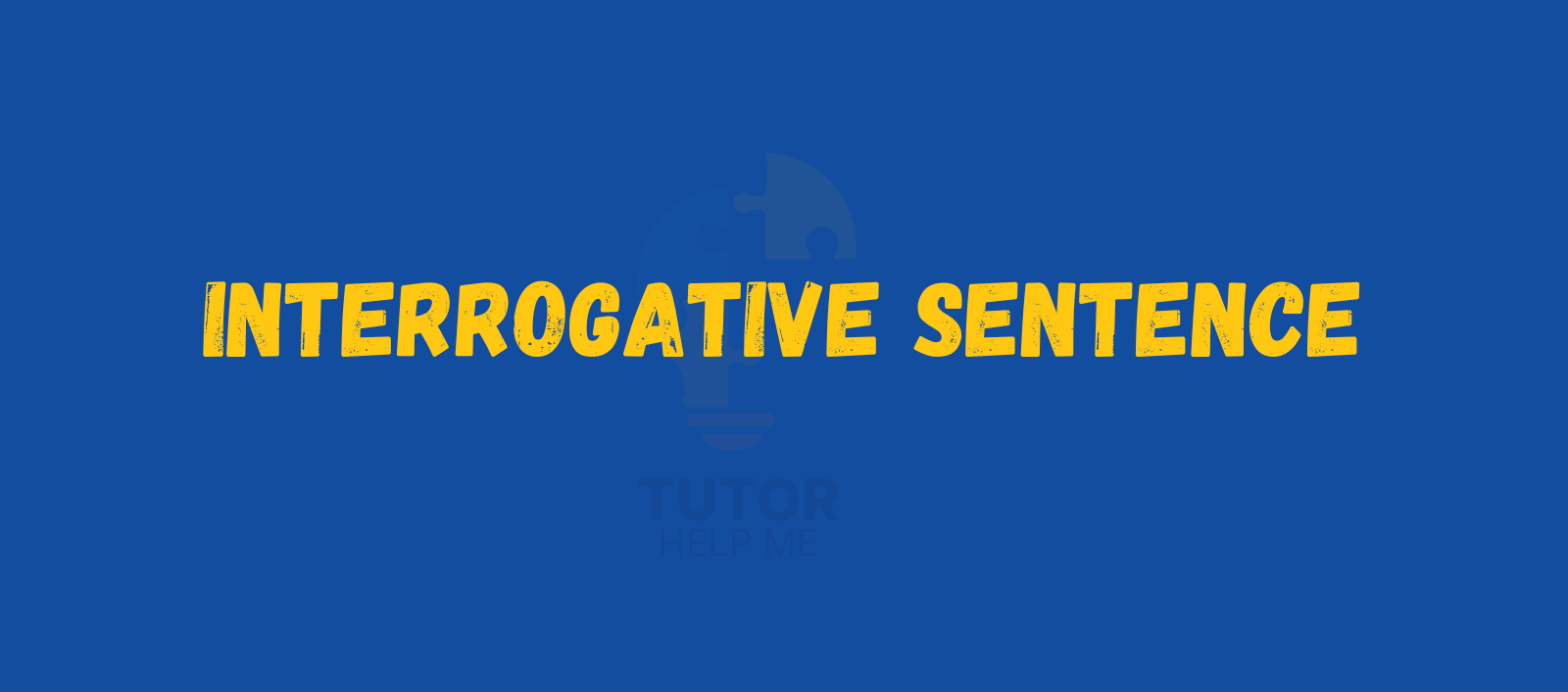Interrogative sentences are used when we want to ask questions. They help us get information, confirm facts, or start conversations. Whether you’re speaking casually or writing formally, knowing how to ask correctly is important.
In this guide, you will learn the types of interrogative sentences, how to use them, and see simple examples of each.
What Is an Interrogative Sentence?
An interrogative sentence is a sentence that asks a question. It always ends with a question mark (?) and usually begins with an auxiliary verb or a question word.
Examples:
- Do you like coffee?
- What time is it?
Types of Interrogative Sentences
Yes/No Questions
These questions expect a simple “yes” or “no” answer. They often start with an auxiliary verb (do, is, can, will, etc.).
Examples:
- Are you coming?
- Do you like music?
- Can she drive?
- Did you finish your homework?
- Is it raining outside?
“Learn English Grammar with our 1-on-1 english tutors“
Wh- Questions
These questions begin with wh- words like what, where, when, why, who, whose, which, and how. They ask for specific information.
Examples:
- What is your name?
- Where do you live?
- When is your birthday?
- Why are you late?
- How does this work?

Choice Questions
These offer two or more options and require the listener to choose.
Examples:
- Do you want tea or coffee?
- Is she working or resting?
- Will you come by car or train?
- Should I call now or later?
- Would you like pizza or pasta?

Tag Questions
These statements are followed by a short question tag to confirm or check information.
Examples:
- You’re coming, aren’t you?
- She’s tired, isn’t she?
- They didn’t call, did they?
- It’s cold today, isn’t it?
- He can drive, can’t he?
Alternative Questions
These are similar to choice questions but often start with a question word and offer different possible answers.
Examples:
- Which do you prefer: summer or winter?
- What should we do: wait or leave?
- Would you rather study or take a break?
- Do you want to call or email?
- Who will go first: you or me?

Uses of Interrogative Sentences
Interrogative sentences help us ask questions and gather information. They are useful in everyday conversations, formal settings, and education. Here are some key uses:
Conversations
Used to keep discussions going and show interest in others.
Examples:
- How are you feeling?
- What did you do today?
Interviews
Used to ask about a person’s experience, skills, or background.
Examples:
- Can you tell me about yourself?
- Why do you want this job?
Surveys and Research
Used to collect opinions, feedback, or data from groups of people.
Examples:
- How often do you shop online?
- What is your age group?
Teaching and Learning
Used by teachers to check understanding and engage students.
Examples:
- Can anyone explain this sentence?
- What is the capital of France?
Conclusion
Interrogative sentences are an essential part of English communication. They help you ask clearly, listen better, and engage others in meaningful conversation. By learning the different types—like yes/no, wh- questions, and tag questions—you will sound more fluent and confident every time you speak.
Read More What is a Declarative Sentence? Types, Uses and Examples
FAQ’s
Are interrogative sentences used in writing too?
Yes, they are common in emails, surveys, reports, and academic writing when asking questions.
Can an interrogative sentence be negative?
Yes, like “Don’t you want to join us?” — it’s a negative question asking for confirmation.
Why are interrogative sentences important?
They help us gather information, clarify doubts, and communicate more effectively in all settings.
How are interrogative sentences used in conversations?
They help keep the conversation going and show interest in what others say.

